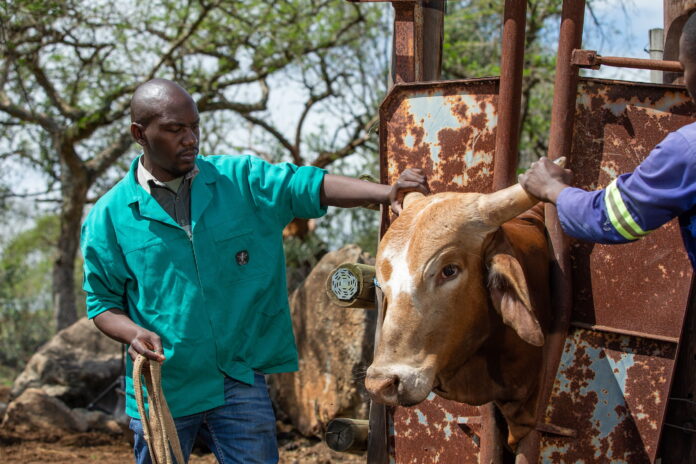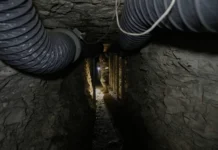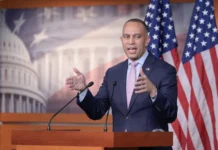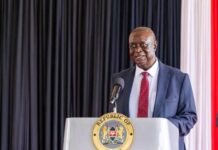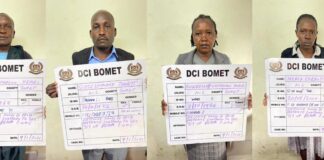NAIROBI, Kenya, From 17 to 19 November 2025, AU-IBAR, AU-PANVAC, GALVmed, the Veterinary Medicines Directorate, and their partners are convening a consultative meeting in Nairobi to advance the harmonisation of veterinary product regulation across Africa. The meeting has gathered national regulatory authorities, Chief Veterinary Officers, regional bodies, manufacturers, and technical organisations to address long-standing challenges in accessing quality veterinary medicines and vaccines.
In her opening address, Dr. Huyam Salih, Director of AU-IBAR, underscored the role of livestock in food security, livelihoods, and resilience. She noted that Africa continues to lose over USD 4 billion annually due to preventable animal diseases, with weak access to quality veterinary products being a major contributor. Key constraints include fragmented regulatory regimes, slow approval processes, limited enforcement, the presence of counterfeit medicines, and inadequate cold-chain infrastructure.
She called for accelerated reforms to strengthen the availability, affordability, and oversight of veterinary products, highlighting ongoing AU-IBAR initiatives, including support for veterinary legislation, surveillance, vaccine production capacity, and the harmonisation of PPR vaccine registration.
A central focus of the meeting has been the presentation and review of the draft Terms of Reference for the Pan-African Regulatory Authorities Network on Veterinary Products, jointly developed by AU-IBAR and AU-PANVAC.
The Network aims to:
- Harmonise regulatory standards
- Improve information sharing via interoperable systems
- Build national and regional regulatory capacity
- Support emergency authorisation mechanisms
- Foster transparency between regulators, industry, and stakeholders
According to the proposed TORs, the Network will operate through a Steering Committee, a Secretariat hosted at AU-IBAR, and a continent-wide membership of national regulatory authorities.
The meeting will include breakout sessions to discuss pathways for faster registration timelines, more vigorous enforcement against counterfeit products, regulatory alignment with One Health and AMR priorities, and improved public-private collaboration.
By the close of the meeting, stakeholders hope to reach agreements on:
- Priority elements of the PARAN-VPs TORs
- The governance structure and implementation roadmap
- A joint communiqué outlining next steps
Upcoming actions include political endorsement through AU structures, resource mobilisation, and establishment of the Secretariat, paving the way for full operationalisation of the Network.
The Nairobi consultative meeting goes beyond regulatory harmonisation to address a wide range of priorities reflected in the agenda, such as governance, technical capacity, One Health integration, AMR mitigation, public–private collaboration, and improved communication and transparency within regulatory systems. Stakeholders will examine issues such as slow registration timelines, counterfeit products, vaccine manufacturing standards, regional mutual recognition processes, and mechanisms for stronger coordination among AU institutions, RECs, national authorities, and industry.
By reviewing the draft TORs, refining the implementation roadmap, and agreeing on next steps, delegates will demonstrate a strong collective commitment to strengthening Africa’s veterinary governance landscape. This initiative supports the implementation of the existing MoU, particularly between AU-IBAR and GAVNET, to improve veterinary services and promote preventative animal health measures in the livestock sector. Through this effort, AU-IBAR also reaffirms its dedication to working with AU-PANVAC, regulatory authorities, and partners to advance these agenda items by ensuring that veterinary product regulation becomes more efficient, collaborative, and responsive to the continent’s animal health challenges.
SOURCE:The African Union – Interafrican Bureau for Animal Resources (AU-IBAR)









